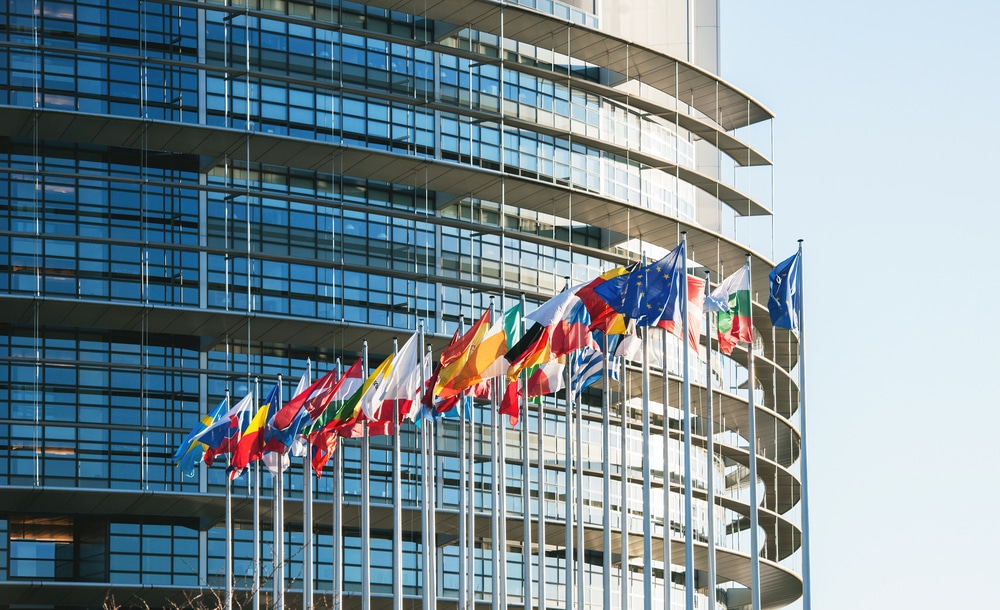The European Union’s top official is proposing a sixth set of new sanctions on Russia, including to ban all oil imports from Russia by the end of the year and remove the country’s biggest bank, Sberbank, as well as two others from the SWIFT international payments network.
European Commission President Ursula von der Leyen announced the proposed new sanctions that the 27-members of the EU will have to vote on. These included:
- The EU end its dependence on Russian crude oil in six months, and refined oil product by the end of 2022.
- Sberbank, Russia’s largest bank, Credit Bank of Moscow and the Russian Agricultural Bank, would be disconnected from the international payments messaging system SWIFT
- Three state-run media broadcasters, characterized by von der Leyen as “mouthpieces that amplify Putin’s lies”, would be cut off from the EU’s cable, satellite, and internet.
- An additional 58 individuals would be sanctioned for what was described as “war crimes” inside of Bucha as well as Mariupol.
“We will make sure that we phase out Russian oil in an orderly fashion, in a way that allows us and our partners to secure alternative supply routes and minimizes the impact on global markets,” von der Leyen said.
“(Russian President Vladimir) Putin must pay a price, a high price, for his brutal aggression,” she told the European Parliament in Strasbourg, France to applause from other lawmakers.
By removing the Russian banks from the SWIFT system, this will greatly inhibit Russia from doing business with the international community.
The sanctions proposed by von der Leyen must be voted on and unanimously approved by the 27 members of the EU. Many of these countries, being landlocked, are greatly dependent on Russian oil. She added that a spirited debate is expected and that for all 27 nations to agree on the oil ban, “Will not be easy. But we simply have to work on it.”
News of the proposed ban on Russian oil sent the prices of oil soaring on Wednesday. The prices per barrel rose by 3.5 percent even before the vote was taken. The cost of oil has risen by 40 percent since the war started.
Natural Gas Not Targeted By EU, Hungary, Slovakia Will Not Support Oil Ban:
The new sanctions proposed by von der Leyen will not include any ban on Russia’s natural gas industry which most of Europe is dependent on for heating. Germany and Italy were the two largest importers of Russian gas exports. There was no mention of it in the new sanctions package proposed, as it would damage other European economies as much as Russia’s, at least in the short term.
However, German Economy Minister Robert Habeck, said that Berlin “is not against an oil ban on Russia,” adding that while it would not be easy, Germany was “ready to do that.”
Hungary and Slovakia have contracts with Russia that run through the end of 2023, which could give them an exemption from the European sanctions.
Hungarian government spokesman Zoltan Kovacs posted on Twitter that, “We do not see any plans or guarantees on how a transition could be managed based on the current proposals, and how Hungary’s energy security would be guaranteed.”
Slovak Economy Minister Richard Sulik reiterated the same arguments that Kovacs had stated and said it would take years for the country’s sole refiner, Slovnaft, to switch from Russian crude to an alternative source of oil.
Authored By Steve Balisteri






